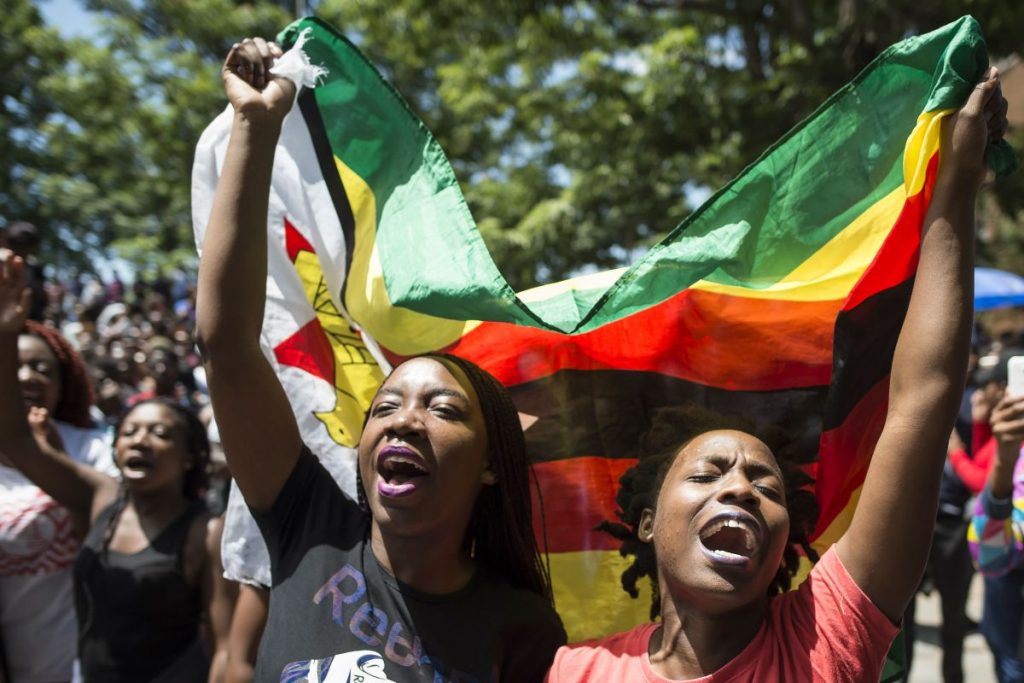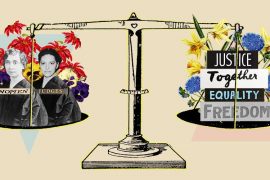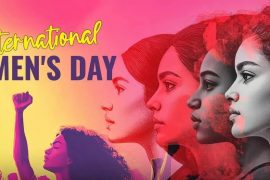Women in politics deserve fair coverage by the media as afforded their male counterparts, Zimbabwe Electoral Commission (ZEC) Commissioner Netsai Mushonga has said.
Speaking at a two-day media training workshop in Norton which ended on Wednesday, Comm Mushonga said participation in politics by women remained low because of a number of factors, including bad portrayal in the media.
“The media are not giving the same coverage to women as they do to males,” she said. “Most of the time, women are cast in a bad light while males get positive coverage, resulting in some women opting out of politics while others choose not to be quoted by the media.”
In response, journalists said women politicians were not forthcoming with their programmes as compared to their male counterparts.
It was further said that some women openly turn down opportunities presented by the media to add their voices to topical issues, resulting in a few women that are “media-friendly”, to be written about.
Comm Mushonga conceded that society was harsh on women that are quoted in the media, especially from relatives and church members.
She pleaded with the media to continue exploring avenues that will ensure women were covered equitably. Women participation has largely remained low not only in Zimbabwe but across the world.
In the SADC region, member States are desirous to ensure 50/50 participation between males and females as required by the Protocol on Gender and Development of 2008.
Of the 210 contested parliamentary seats, only 26 went to women.
In terms of council elections, just over 200 women won the vote out of 1 958.
In Harare, out of the 86 women who contested in the 46 wards, only 12 females won.
It is widely agreed that the full and equal participation of women and men in political decision-making provides a balance that more accurately reflects the composition of society, and may enhance the legitimacy of political processes by making them more democratic and responsive to the concerns and perspectives of all segments of society, women remain under-represented.
There are calls to engage political players, especially political parties, to ensure that they actively involve and appoint more women in their political structures.
While political parties field women during elections for various seats, some end up losing to a male from a rival party.
The workshop, organised by ZEC with support from the Electoral Institute for Sustainable Democracy in Africa (EISA), ended yesterday.
The Herald





Comments are closed.